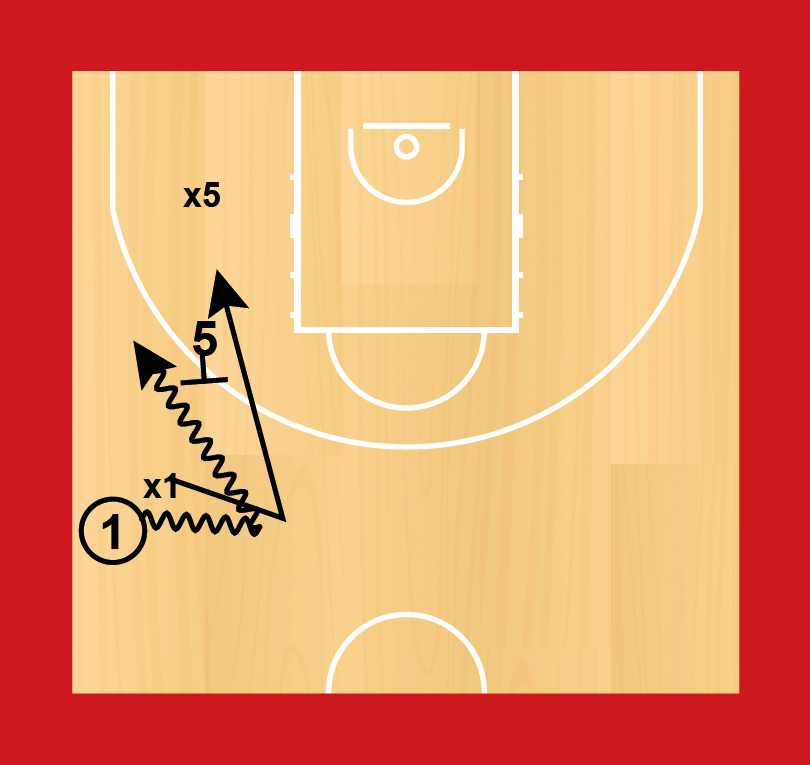- 2.5.1 Advanced lay-up techniques
- 2.5.2 Reverse lay-up
- 2.5.3 Advanced shooting - shooting footwork
- 2.5.4 Advanced shooting - inside shooting
- 2.5.5 Correcting shooting technique - flat shot
- 2.5.6 Correcting shooting technique - off-line shot
- 2.5.7 Correcting shooting technique - side spin
- 2.5.8 Correcting shooting technique - shooting short
- Follow-up
- 3.1.1 Preparing players physically to play basketball
- 3.1.2 Preparing players physically - warm-up for training
- 3.1.3 Preparing players physically - warm-up for games
- 3.1.4. Préparation physique des joueurs - Musculation de force
- 3.1.5 Preparing players physically - power training
- 3.1.6 Preparing players physically - conditioning
- 3.1.7 Preparing players physically - flexibility
- 3.1.8 Preparing players physically - basic strength training programme
- 3.1.9 Basic-off season preparation
- 3.3.1 Physical recovery techniques - overview
- 3.3.2 Physical recovery techniques - active recovery
- 3.3.3. Compression Clothing
- 3.3.4. Physical recovery techniques - hydro therapy
- 3.3.5. Physical recovery techniques - massage
- 3.3.6. Physical recovery techniques - sleep
- 3.3.7. Physical recovery techniques - stretching
- 3.3.8 Physical recovery techniques - practical applications
- 2.1.1 Motion Offence – 5 Out – pass and cut/give and go
- 2.1.2 Receivers Principles with Post Players
- 2.1.3 Motion offence with post - 4 out, 1 in
- 2.1.4 Post Up Cuts
- 2.1.5 Developing Decision Making - Putting Perimeter and Post Together
- 2.1.6 Creating scoring opportunities with a second pass
- 2.1.7 Moving the help defender away from a help position
- Follow-up
Level 2
2.4.2 Advanced dribbling – snake dribble
A common tactic to defend a ball screen is “Ice” or “Push”, which is where the defender (x1) moves to a position where the dribbler (1) cannot use the ball screen.
The screener’s defender (x5) moves toward the key to a position to stop any dribble to the baseline. This is most common when the ball screen is on the wing.
In response to this defensive tactic, offensive teams may change the angle of the ball screen so that it is set with back to the baseline (similar to an up screen – which is called a “flat” screen) or even on the side of the defender nearest the sideline.
The dribbler must take their defender to the screen, moving to a position on the court where they are in line to hit the screen.
Here, 1 moves too far across the screen so that x1 will be able to move behind 5, rather than moving into 5.
Here 1 has not moved far enough across the court, so that x1 will move easily pass the screen. The screener cannot continuously move (as this will be a blocking foul) so that once the screen is set, the offensive player have to move their defender into the screen.




